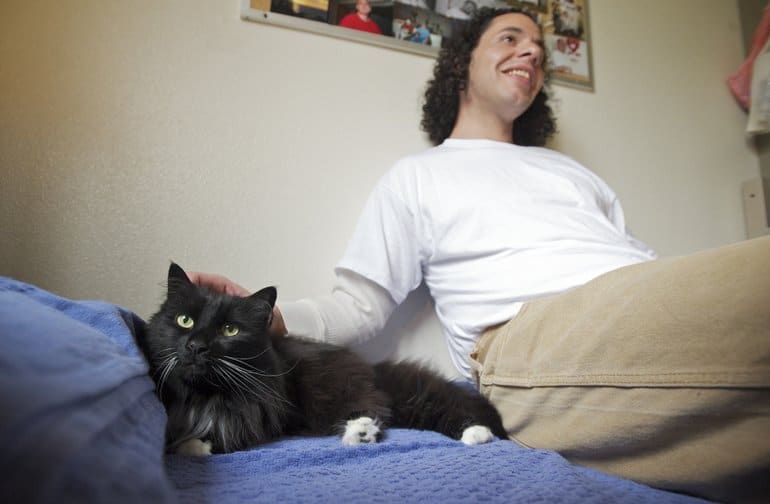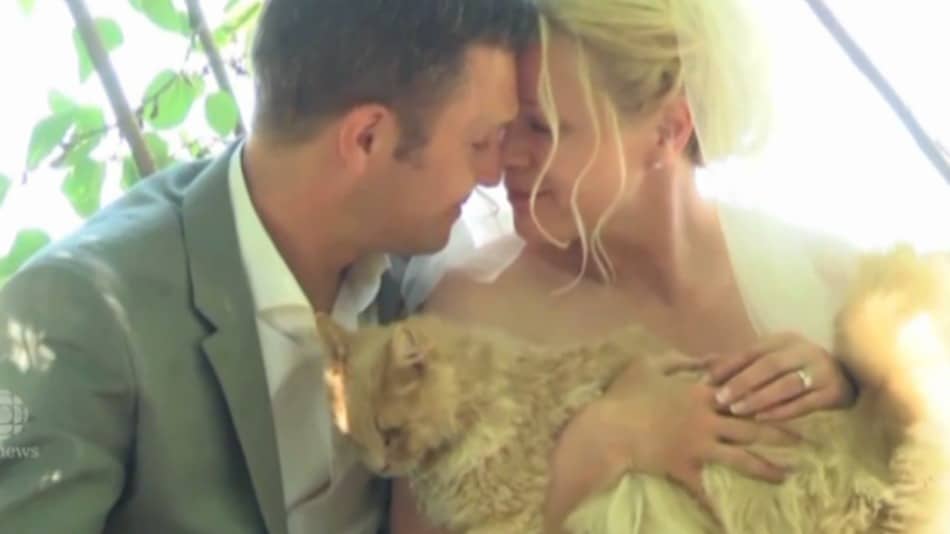For cat lovers, nothing compares to the joy of being surrounded by furry companions. But before you know it, three cats turn into four, and four into five. You might start to wonder, have I crossed the line into becoming a full-blown cat collector? How many cats is too many? We set out to find the answer—that sweet spot where joy meets responsibility.

The Joys and Challenges of Owning Multiple Cats
Having a house filled with cats can be a dream come true for many. Yet, owning multiple cats comes with its own set of intricacies. While the rewards are plentiful, potential challenges shouldn’t be ignored.
The Benefits of a Multi-Cat Household
Cats are social creatures, and while they might enjoy their solitude, they also benefit from having a feline friend (or two) around. Imagine your cat having a playmate to chase around and wrestle with. Not only does this provide companionship, but it also stimulates their playful instincts.
Beyond companionship, reduced stress and anxiety are other significant benefits. Cats can sometimes feel anxious when left alone for extended periods. Having another cat around can help ease this anxiety, leading to a calmer, more content household.
Additionally, having more than one cat can lead to enhanced enrichment. A household with several cats is often a more dynamic and stimulating environment. With many cats, they learn to interact with each other, giving them mental and physical stimulation that a single-cat household might lack.

The Challenges of Multi-Cat Living
However, it’s not all head butts and purrs. With several cats, resource competition can become a real issue. Suddenly, that single food dish or litter box doesn’t cut it anymore. Ensuring each cat has enough to eat and a clean place to do their business becomes paramount.
The risk of territorial disputes and aggression is another potential downside. Not all cats are made to live in harmony, and without careful introductions, conflicts can arise. These disputes can sometimes escalate, leading to a stressful environment for the cats and their human family members.
Lastly, increased veterinary costs and time commitments come into play. More cats mean more vet visits, more grooming, and, of course, more time devoted to their care. It’s essential to be prepared for these increased responsibilities.
Things to Consider Before Getting Another Cat
Before you add another whiskered face to your family, there are several factors to consider. It’s important to seriously assess your current situation to ensure you’re ready for another addition. Here are some points to mull over:
- Living Space: How big is your home? Do you have enough rooms or areas where your cats can have their own space? An overcrowded home can lead to stressed cats who are constantly in each other’s way.
- Financial Resources: Cats, while relatively low-maintenance, still come with costs. Think about food, litter, toys, and, crucially, veterinary care. Are you prepared to take on these additional expenses?
- Time Commitment: Cats need love and care. With more cats, you’ll need more time to devote to their needs. Can you provide each cat with the attention they deserve?
- Personality Compatibility: Just like people, cats have personalities. Some thrive in multi-cat environments, while others shy away. Make sure any new cat you’re considering will fit well with your current feline residents.
- Legal Considerations: Some localities have restrictions on the number of pets you can own. If you’re renting, check your lease to ensure you’re compliant with any pet policies.

Tips for Creating a Harmonious Multi-Cat Environment
Now that you’ve considered whether you can handle another cat, it’s time to ensure harmony among the ones you already have—or are planning to add. Here are some tips to help your furry family live in peace:
Always provide ample resources like food, water, and litter boxes. A general rule is one litter box per cat, plus one extra. This minimizes competition and prevents any accidents.
Create separate feeding and litter areas. If one cat is more dominant, having separate spaces for each cat to eat and go potty can reduce confrontations.
Offer plenty of vertical space and hiding spots. Cats love to climb and survey their domain from above, so cat trees and shelves can add much-needed territory. Hiding spots can also offer a retreat for more introverted felines.
Introduce cats gradually. Rushing an introduction can lead to stress and aggression. Slowly introduce scents first, then visual contact, and finally physical meetings. See our in-depth guide here.
Finally, consulting with a veterinarian can offer guidance tailored to your multi-cat household. They can provide insights on managing health and behavioral issues, ensuring that your cats remain healthy and happy.

So, How Many Cats Is Too Many?
When it comes to figuring out “how many cats is too many,” there’s no one-size-fits-all answer. Ultimately, it’s about knowing your limits and ensuring you can provide a loving and supportive home for each cat. Remember, while many cats can bring joy, too many can lead to stress for both you and your feline friends.
A multi-cat household can be a source of immense joy or considerable stress. By being mindful of space, resources, and personalities, you can create a harmonious environment. Always prioritize responsible pet ownership. This will ensure that you can offer a nurturing and enriching life for each of your cats.
The Catington Post is reader-supported. That means, if you make a purchase through links on our site, we may earn an affiliate commission. All images and names which are not the property of The Catington Post are the property of their respective owners.




